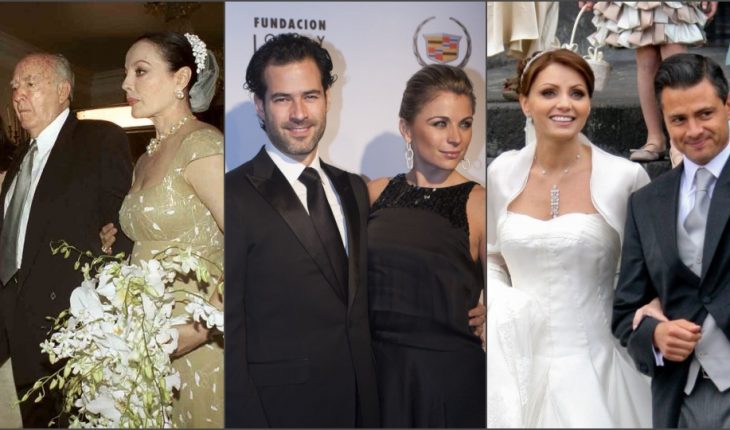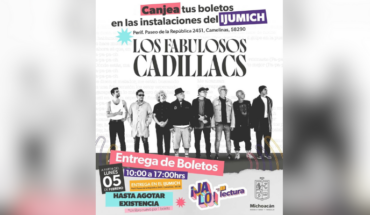Carlos Salinas de Gortari and his wife Cecilia Occelli were about to have dinner with Canadian Prime Minister Jean Chrétien when they learned of the assassination of Luis Donaldo Colosio. The president and first lady greeted their guests, but the dinner on March 23, 1994, was canceled.
That fact was, according to the then first lady, one of the events that caused the deterioration of the country that year, also remembered for the economic crisis that followed the ‘December mistake’.
“(…) the country began to crumble from the beginning of the year 94. From Chiapas, since the death of Colosio (…) All this gradually deteriorated the country,” Cecilia Occelli told journalist Alberto Tavira years later.
Since then, the idea that Carlos Salinas had to do with the assassination has been around in the collective imagination, but in the Salinas-Occelli family the feeling was different. “A guilt towards Salinas that I did not understand,” the former first lady said.
Tavira rescues this interview, conducted 14 years ago, in a residence in San Angel, to give new data, which confirm or refute the hypotheses and theories about the murder of Colosio.
“For the first time in all the history that has been published and said about the death of Colosio, an audio comes out, talking particularly about how it was lived within the presidential family the fact becomes relevant,” says Tavira.
This is one of the audios that the journalist and author of Las mujeres de Peña Nieto (2012) and Los Salinas: Retratos de los cuhorros del poder (2014), has kept for years and that he makes known for the first time in the pódcast Dynasties of power, which premieres this Wednesday through the Podimo platform. In it we can also listen to interviews with Angélica Rivera and Enrique Peña Nieto.
As well as an interview that Thalía’s father, Ernesto Sodi, does with Gustavo Díaz Ordaz.
The pódcast seeks to show how the Mexican political class resembles “keeping the proportions, a European monarchy” because as in those, here a good surname helps to inherit power.
Throughout the nine episodes we will see the stories of Ludwika Paleta and Emiliano Salinas; Anahí and Manuel Velasco; Angélica Rivera and Enrique Peña Nieto; Daniela Castro and Gustavo Díaz Ordaz; Thalía and Alfredo Díaz Ordaz; Sasha Montenegro and José López-Portillo and Adela Noriega and Carlos Salinas de Gortari.
Tavira explains that he sought to present the love stories of some of the most important political dynasties in Mexico with well-known women in the middle of the show because “through these stories of love and heartbreak we also learned and made known the part of the privilege of genetics.”
“It suddenly seems that we are facing a kind of European monarchy in which they marry each other, do business with each other, have children between them and then this speaks to us and understands us a great family tree of the Mexican political family and that should not go unnoticed, it is not anecdotal or frivolity, it tells you about many ties of blood but also of ties of power, “explains the journalist.
Tavira points out that as we move on from the episodes “we are going to see that even though they are different families or couples, there are moments in life that all merge”.
He points out that thanks to Podimo it is “the first time that I am not censored”. He explains that being a European platform, available in 20 Latin American countries, “there was not a single restriction to put handle the contents and that encouraged me to also rescue all that material from my personal archive and take it to this platform”.
This pódcast is a production of Jarpa Studio, with narrations and scripts by Alberto Tavira, and will be available from this July 21 through Podimo.com/latam/betotavira.
What we do at Animal Politico requires professional journalists, teamwork, dialogue with readers and something very important: independence. You can help us continue. Be part of the team.
Subscribe to Animal Politico, receive benefits and support free journalism.#YoSoyAnimal





